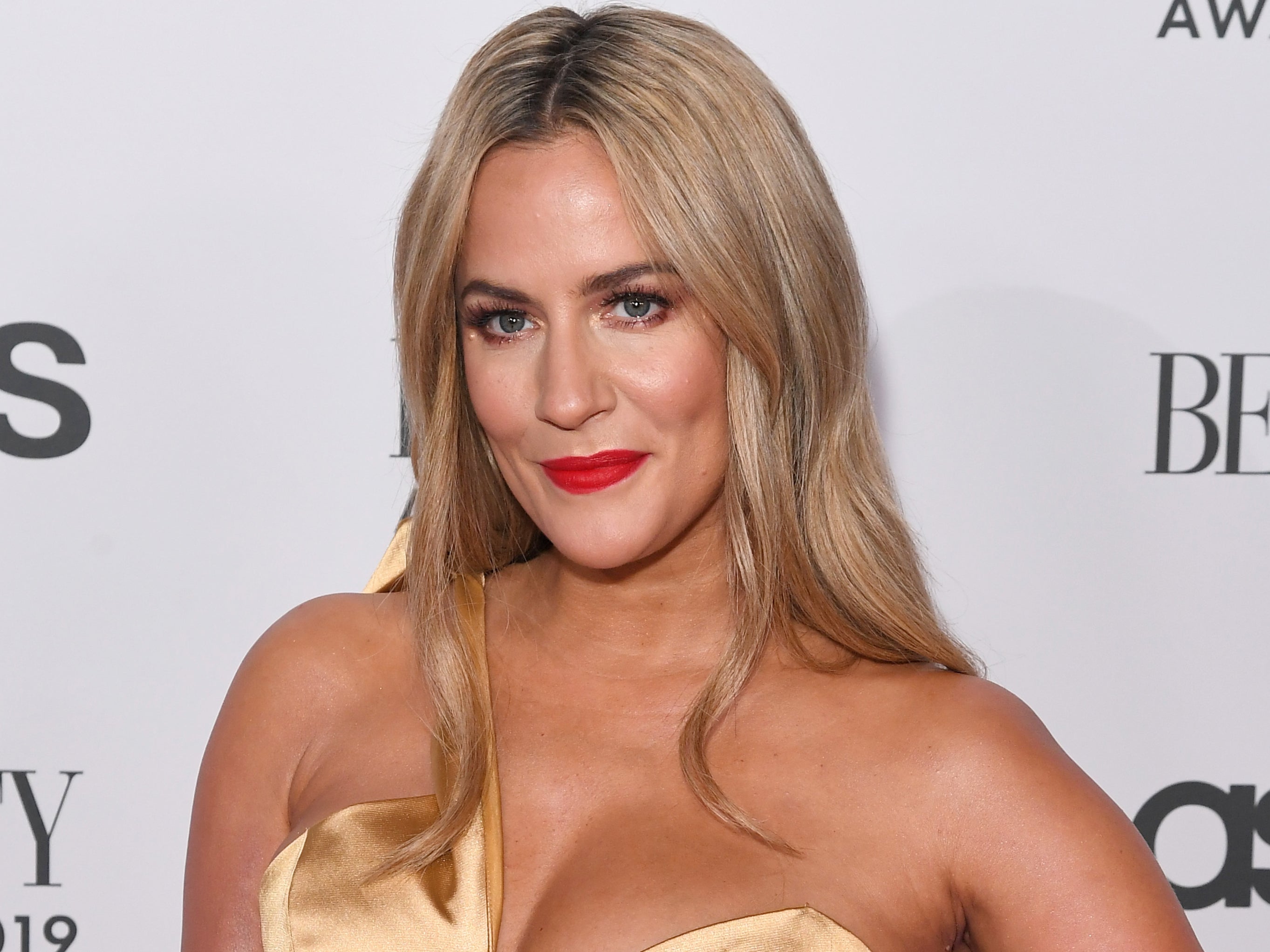Caroline Flack was ‘ashamed’ of mental health problems and bipolar diagnosis, says mother
Former ‘Love Island’ presenter did not have her own doctor over fears her medical history would be known by people
Caroline Flack was diagnosed as bipolar in the weeks before her death, her mother has revealed.
The former Love Island presenter died in February 2020 after taking her own life. Flack had been due to stand trial over allegations she had assaulted her boyfriend, which she denied.
In the wake of Flack’s death, the presenter’s mother Christine has become an advocate for mental health awareness, and spoke about her daughter’s attempts to conceal her own struggles.
“Carrie suffered for a long while, but never showed it because her outgoing personality covered everything,” Christine told The Sun. “Mainly she was happy, and funny, and brilliant. She just had these terrific down times – and not many people saw those down times.
She continued: “That was the thing; she hid it. The last doctor she saw thought she may have had bipolar. And that’s what I always thought. It was just constant highs, all of a sudden, then the lows.”
Christine added that her daughter chose not to have her own doctor as she was nervous about other people being aware of her medical history.
“She was so ashamed of people thinking she had mental health problems,” she said.

In a documentary broadcast earlier this year, Flack’s family discussed her history of mental health struggles.
A charity trek in memory of the late star also raised nearly £30,000 for the Samaritans in June.
If you are experiencing feelings of distress and isolation, or are struggling to cope, The Samaritans offers support; you can speak to someone for free over the phone, in confidence, on 116 123 (UK and ROI), email jo@samaritans.org, or visit the Samaritans website to find details of your nearest branch.
If you are based in the USA, and you or someone you know needs mental health assistance right now, call National Suicide Prevention Helpline on 1-800-273-TALK (8255). The Helpline is a free, confidential crisis hotline that is available to everyone 24 hours a day, seven days a week.
If you are in another country, you can go to www.befrienders.org to find a helpline near you.
Join our commenting forum
Join thought-provoking conversations, follow other Independent readers and see their replies
Comments
Bookmark popover
Removed from bookmarks